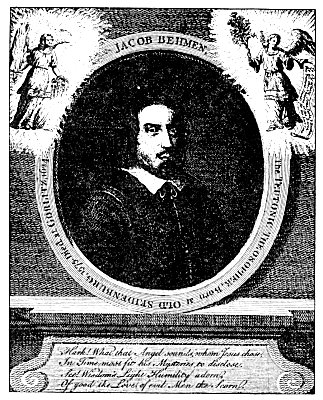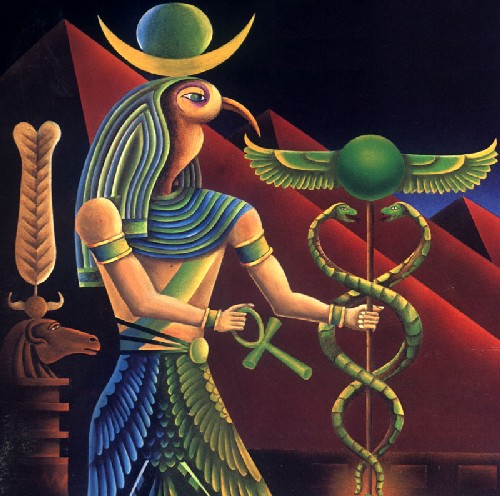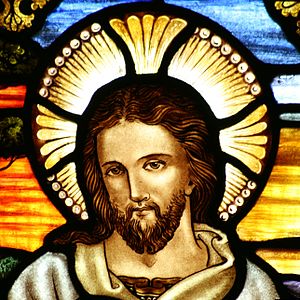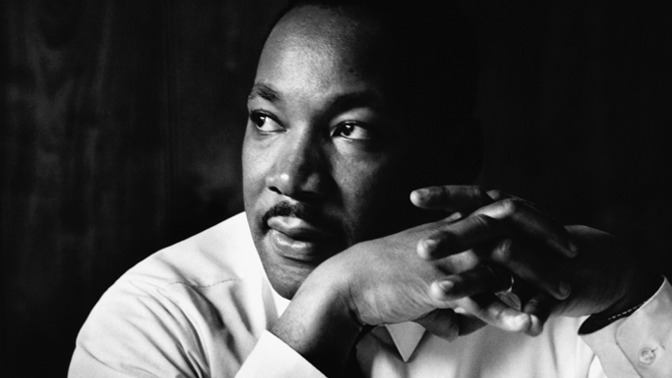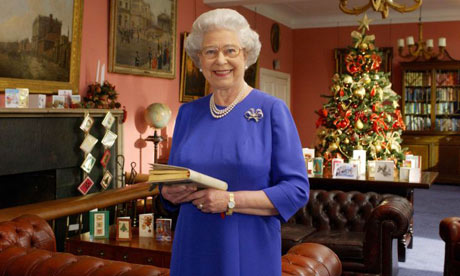Stories like the foregoing represent the incrustations that have attached themselves to the body of Christianity during the centuries. The popular mind itself has been the self-appointed guardian and perpetuator of these legends, bitterly opposing every effort to divest the faith of these questionable accumulations. While popular tradition often contains certain basic elements of truth, these elements are usually distorted out of all proportion. Thus, while the generalities of the story may be fundamentally true, the details are hopelessly erroneous. Of truth as of beauty it may be said that it is most adorned when unadorned. Through the mist of fantastic accounts which obscure the true foundation of the Christian faith is faintly visible to the discerning few a great and noble doctrine communicated to the world by a great and noble soul. Joseph and Mary, two devout and holy-minded souls, consecrated to the service of God and dreaming of the coming of a Messiah to serve Israel, obeyed the injunctions of the high priest of the Essenes to prepare a body for the coming of a great soul. Thus of an immaculate conception Jesus was born. By immaculate is meant clean, rather than supernatural.
Jesus was reared and educated by the Essenes and later initiated into the most profound of their Mysteries. Like all great initiates, He must travel in an easterly direction, and the silent years of His life no doubt were spent in familiarizing Himself with that secret teaching later to be communicated by Him to the world. Having consummated the ascetic practices of His order, He attained to the Christening. Having thus reunited Himself with His own spiritual source, He then went forth in the name of the One who has been crucified since before the worlds were and, gathering about Him disciples and apostles, He instructed them in that secret teaching which had been lost–in part, at least–from the doctrines of Israel. His fate is unknown, but in all probability He suffered that persecution which is the lot of those who seek to reconstruct the ethical, philosophical, or religious systems of their day.
To the multitudes Jesus spoke in parables; to His disciples He also spoke in parables, though of a more exalted and philosophic nature. Voltaire said that Plato should have been canonized by the Christian Church, for, being the first propounder of the Christos mystery, he contributed more to its fundamental doctrines than any other single individual. Jesus disclosed to His disciples that the lower world is under the control of a great spiritual being which had fashioned it according to the will of the Eternal Father. The mind of this great angel was both the mind of the world and also the worldly mind. So that men should not die of worldliness the Eternal Father sent unto creation the eldest and most exalted of His powers–the Divine Mind. This Divine Mind offered Itself as a living sacrifice and was broken up and eaten by the world. Having given Its spirit and Its body at a secret and sacred supper to the twelve manners of rational creatures, this Divine Mind became a part of every living thing. Man was thereby enabled to use this power as a bridge across which he might pass and attain immortality. He who lifted up his soul to this Divine Mind and served It was righteous and, having attained righteousness, liberated this Divine Mind, which thereupon returned again in glory to Its own divine source. And because He had brought to them this knowledge, the disciples said one to another: “Lo, He is Himself this Mind personified!”
THE ARTHURIAN CYCLE AND LEGEND OF THE HOLY GRAIL
According to legend, the body of the Christos (the Spiritual Law) was given into the keeping of two men, of whom the Gospels make
JAKOB BÖHME, THE TEUTONIC THEOSOPHER.
From William Law’s Translation of The Works of Jakob Böhme. Jakob Böhme was born in the year 1575 in a village near Gorlitz, and died in Silesia in 1624. He had but little schooling and was apprenticed at an early age to a shoemaker. He later became a journeyman shoemaker, married and had four children One day while tending his master’s shoe shop, a mysterious stranger entered who while he seemed to possess but little of this world’s goods, appeared to be most wise and noble in spiritual attainment. The stranger asked the price of a pair of shoes, but young Böhme did not dare to name a figure, for fear that he would displease his master. The stranger insisted and Böhme finally placed a valuation which he was all that his master possibly could hope to secure for the shoes. The stranger immediately bought them and departed. A short distance down the street the mysterious stranger stopped and cried out in a loud voice, “Jakob, Jakob come forth.” In amazement and fright, Böhme ran out of the house. The strange man fixed his yes upon the youth–great eyes which sparkled and seemed filled with divine light. He took the boy’s right hand and addressed him as follows–“Jakob, thou art little, but shalt be great, and become another Man, such a one as at whom the World shall wonder. Therefore be pious, fear God, and reverence His Word. Read diligently the Holy Scriptures, wherein you have Comfort and Instruction. For thou ust endure much Misery and Poverty, and suffer Persecution, but be courageous and persevere, far God loves, and is gracious to thee.” Deeply impressed by the prediction, Böhme became ever more intense in his search for truth. At last his labors were reworded. For seven days he remained in a mysterious condition during which time the mysteries of the invisible world were revealed to him. It has been said of Jakob Böhme that he revealed to all mankind the deepest secrets of alchemy. He died surrounded by his family, his last words being “Now I go hence into Paradise.”

Moe is the founder of GnosticWarrior.com. He is a father, husband, author, martial arts black belt, and an expert in Gnosticism, the occult, and esotericism.

